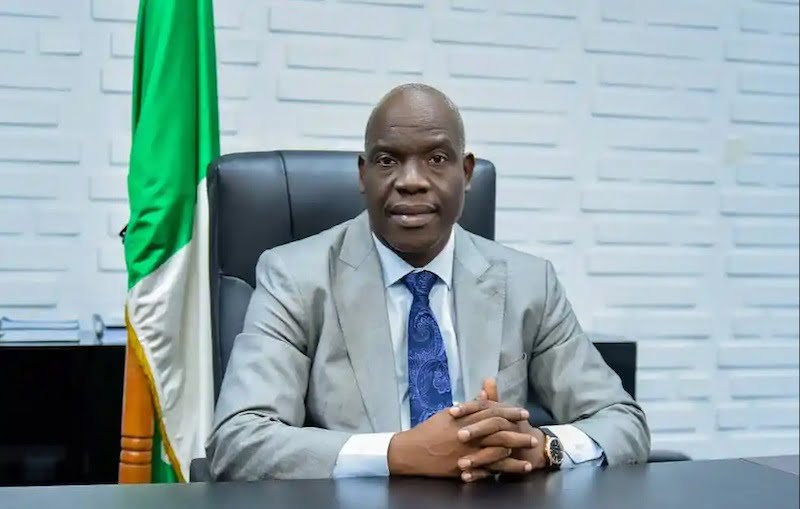
The Federal Government has assured that Nigeria’s mini-bid round will boost global energy sufficiency in the long run.
Mr Gbenga Komolafe, the Chief Executive Officer, Nigerian Upstream Petroleum Regulatory Commission, (NUPRC), said this at a pre-bid conference in Lagos on Monday.
He said this year’s mini-bid rounds, the first in the last 15 years, was expected to auction seven Deep Offshore blocks.
Komolafe added that the mini bid round also covered an area of approximately 6,700 km2 in water depths of 1,150m to 3,100m.
He said the exercise was expected to be a huge success for Nigeria and a big step towards growing the nation’s oil and gas reserves through aggressive exploration and development efforts.
He said the exercise would also boost production, expand opportunities for gas utilisation and development.
According to him, the bid round will strengthen energy security and economy, providing the opportunity to gainfully engage the pool of competent companies in the oil and gas sector.
He said this would result in employment opportunities, enabling transfer of technology, valorising petroleum assets in the Nigerian Territory and attract investments.
He added: “In addition, the Mini Bid Round presents us with the opportunity to reinforce Nigeria’s commitment to openness and transparency in line with the principles of the Extractive Industry Transparency Initiative (EITI).”
He assured that the process would be fair, transparent, and competitive in line with best practices.
He added that it would attract competent investors from across the world, both local and foreign, that had the capability and competence in operating in deep water environment.
Komolafe advised that all awardees must be duly registered in Nigeria under the Companies and Allied Matters Act (CAMA), stressing that all applicants could participate either as an individual company, or as a consortium.
He said: “The process will pay the requisite attention to strategies, processes and implementable plans consistent with net zero carbon emission targets, eliminating gas flares as well as overall Environmental, Social and Governance (ESG) considerations.
“The oil and gas industry in Nigeria has embraced the reality of energy transition and is taking strategic position to leverage on the opportunities presented by the unfolding era.
“We have taken deliberate steps in this regard including the recent issuance of guidelines for management of fugitive methane and greenhouse gas emissions in the upstream oil and gas operations in Nigeria.
“However, it is worthy to recognise that recent events around the globe indicate that fossil fuels will continue to be a core part of the global energy mix well into the future.”






















